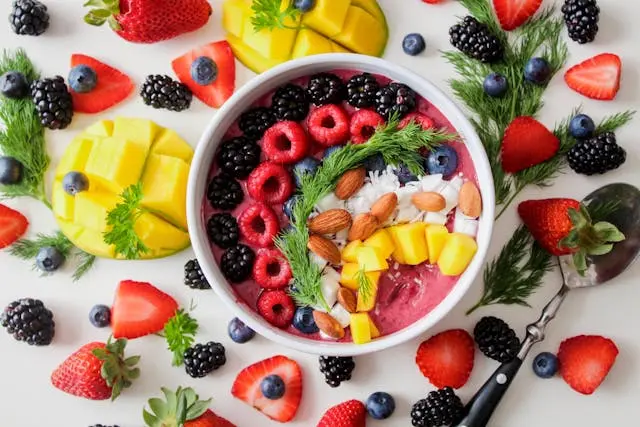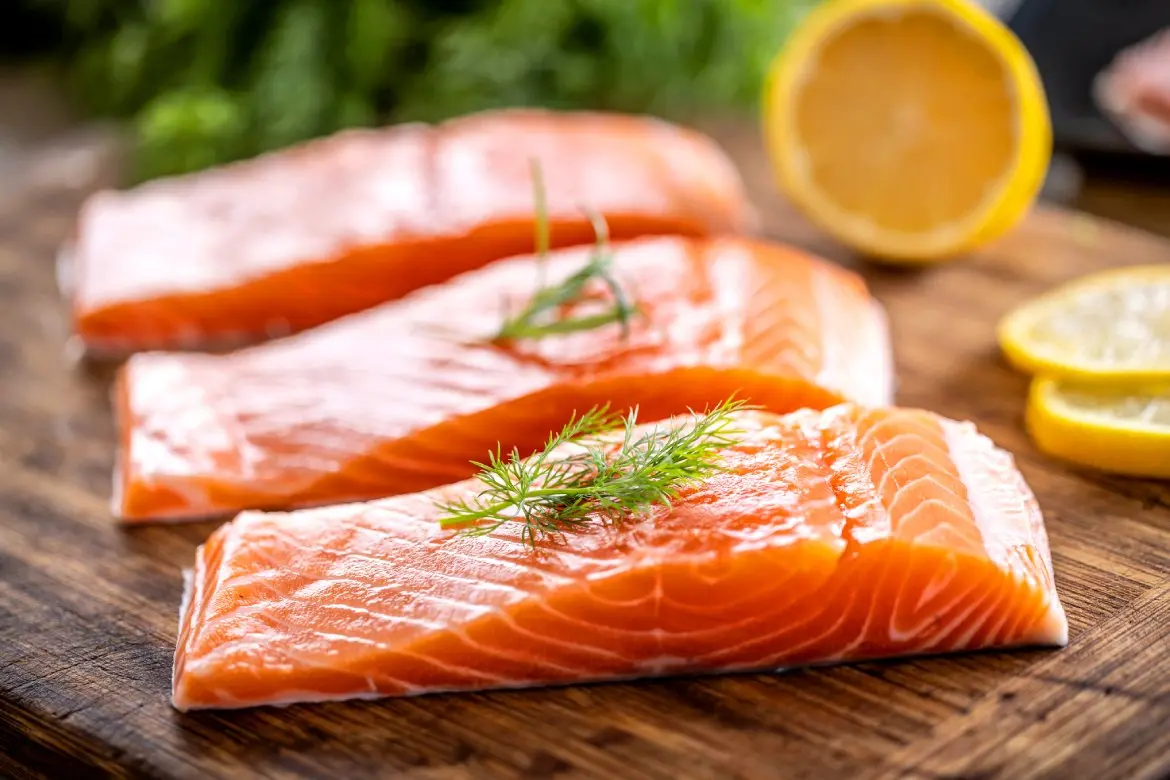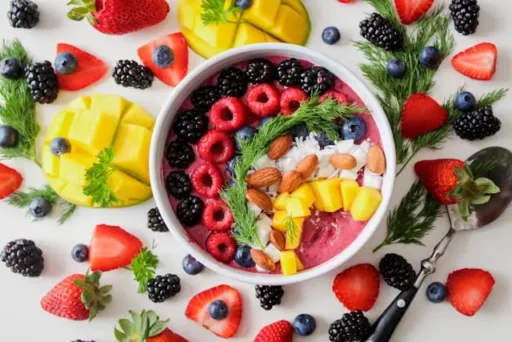

Table of Contents
15 Superfoods You Should Eat Every Week
In today’s health-conscious world, superfoods have become a buzzword, representing nutrient-rich foods that offer significant health benefits. Incorporating these superfoods into your weekly diet can enhance your overall well-being, boost your immune system, and provide essential nutrients. Here’s a comprehensive guide to 15 Superfoods You Should Eat Every Week.
What Are Superfoods?
Superfoods are typically defined as foods that are exceptionally high in nutrients and antioxidants, which can help prevent disease and promote health. They often contain vitamins, minerals, fiber, and other beneficial compounds that contribute to overall health. Eating a variety of superfoods can help you maintain a balanced diet and support long-term health.
Top 15 Superfoods to Include Weekly
1. Blueberries
Blueberries are packed with antioxidants, particularly anthocyanins, which may help reduce the risk of heart disease and improve brain function. They are also low in calories and high in fiber.


2. Kale
Kale is a leafy green powerhouse loaded with vitamins A, C, and K, as well as calcium and iron. Its high antioxidant content can help combat oxidative stress.


3. Quinoa
Quinoa is a complete protein source, containing all nine essential amino acids. It’s also gluten-free and rich in fiber, making it an excellent choice for those with dietary restrictions.


4. Salmon
Rich in omega-3 fatty acids, salmon supports heart health and brain function. It is also an excellent source of protein and vitamin D.

5. Chia Seeds
Chia seeds are tiny but mighty; they’re rich in omega-3 fatty acids, fiber, and protein. They can absorb water and expand in your stomach, promoting a feeling of fullness.


6. Spinach
Spinach is loaded with iron, vitamins A and C, and antioxidants. It’s versatile and can be added to salads, smoothies, or cooked dishes.


7. Sweet Potatoes
Sweet potatoes are high in beta-carotene (a precursor to vitamin A), fiber, and potassium. They provide sustained energy due to their complex carbohydrates.


8. Avocado
Avocados are known for their healthy fats, particularly monounsaturated fats that support heart health. They are also rich in potassium and fiber.


9. Green Tea
Green tea is packed with antioxidants called catechins that may help improve brain function and fat burning. Regular consumption is linked to lower risks of heart disease.


10. Almonds
Almonds are an excellent source of vitamin E, magnesium, and healthy fats. They promote heart health and can aid in weight management when consumed in moderation.


11. Broccoli
Broccoli is a cruciferous vegetable high in vitamins C and K, fiber, and various antioxidants. It has been linked to reduced inflammation and improved digestion.


12. Greek Yogurt
Greek yogurt is rich in probiotics that support gut health along with being high in protein and calcium. It serves as a great base for smoothies or as a snack.


13. Turmeric
Turmeric contains curcumin, which has powerful anti-inflammatory properties. Adding turmeric to meals can enhance flavor while providing health benefits.


14. Garlic
Garlic is known for its immune-boosting properties thanks to its sulfur compounds like allicin. It’s also linked to lower blood pressure levels.


15. Beets
Beets are rich in nitrates that may enhance athletic performance by improving blood flow and lowering blood pressure. They also contain antioxidants that support liver function.


How to Incorporate Superfoods into Your Diet
Incorporating superfoods into your weekly diet doesn’t have to be complicated or time-consuming:
- Smoothies: Blend spinach or kale with fruits like bananas or blueberries for a nutrient-packed breakfast.
- Salads: Add quinoa or chickpeas to salads for extra protein; toss in some avocado for healthy fats.
- Snacks: Keep almonds or chia seed pudding on hand for quick snacks.
- Cooking: Use garlic and turmeric as seasonings for various dishes to enhance flavor while boosting nutrition.
- Meal Prep: Prepare meals ahead of time using these superfoods to ensure you stay on track throughout the week.
Conclusion
Eating a variety of superfoods each week can significantly impact your health by providing essential nutrients that support bodily functions and prevent diseases. By incorporating these foods into your diet regularly, you can enjoy both delicious meals and enhanced well-being. Make it a goal to include at least a few of these superfoods each week for optimal health benefits! In summary, the key to reaping the benefits of superfoods lies in their consumption and the variety you include in your diet—ensuring you get a wide range of nutrients essential for maintaining good health over time.


